Where Science Leads the Way In Research and Product Development
Leveraging our world-class scientific studies to discover the science behind new product categories
Now Available: Interim Results of Vuse Longitudinal Tobacco Use and Transitions Survey

Our Focus
Our goal is to reduce the health impact of our business by providing adult tobacco consumers with a greater choice of potentially reduced risk products.



Spotlight

Meet Master Scientist Milly Kanobe, Ph.D.
Milly Kanobe, Ph.D., has always wanted to be a scientist. “I wanted to either be a physician or an agricultural scientist to help farmers.” Growing up in rural Uganda, Milly saw firsthand how people’s livelihoods depended on farming and decided to pursue a Ph.D. in plant breeding. Milly joined Reynolds in 2015 and now serves as a Clinical Science Liaison where she is responsible for the scientific overview, planning, evaluation, and interpretation of clinical studies. Recently Milly published her work on “Changes in Biomarkers of Exposure and Potential Harm in Smokers Switched to Vuse Vibe or Vuse Ciro Electronic Nicotine Delivery Systems” in the Special Issue Aerosol Exposure and Inhalation Toxicity from Emerging Sources in the international, peer-reviewed journal, Toxics.
Read Milly's Bio Read Milly's Publication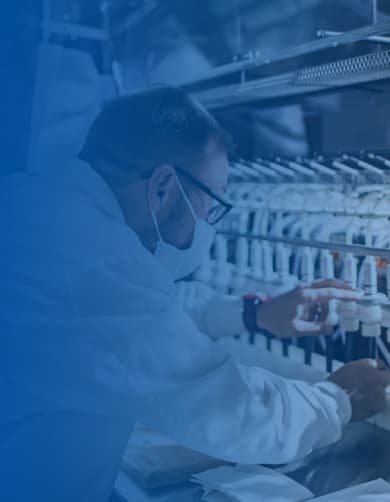
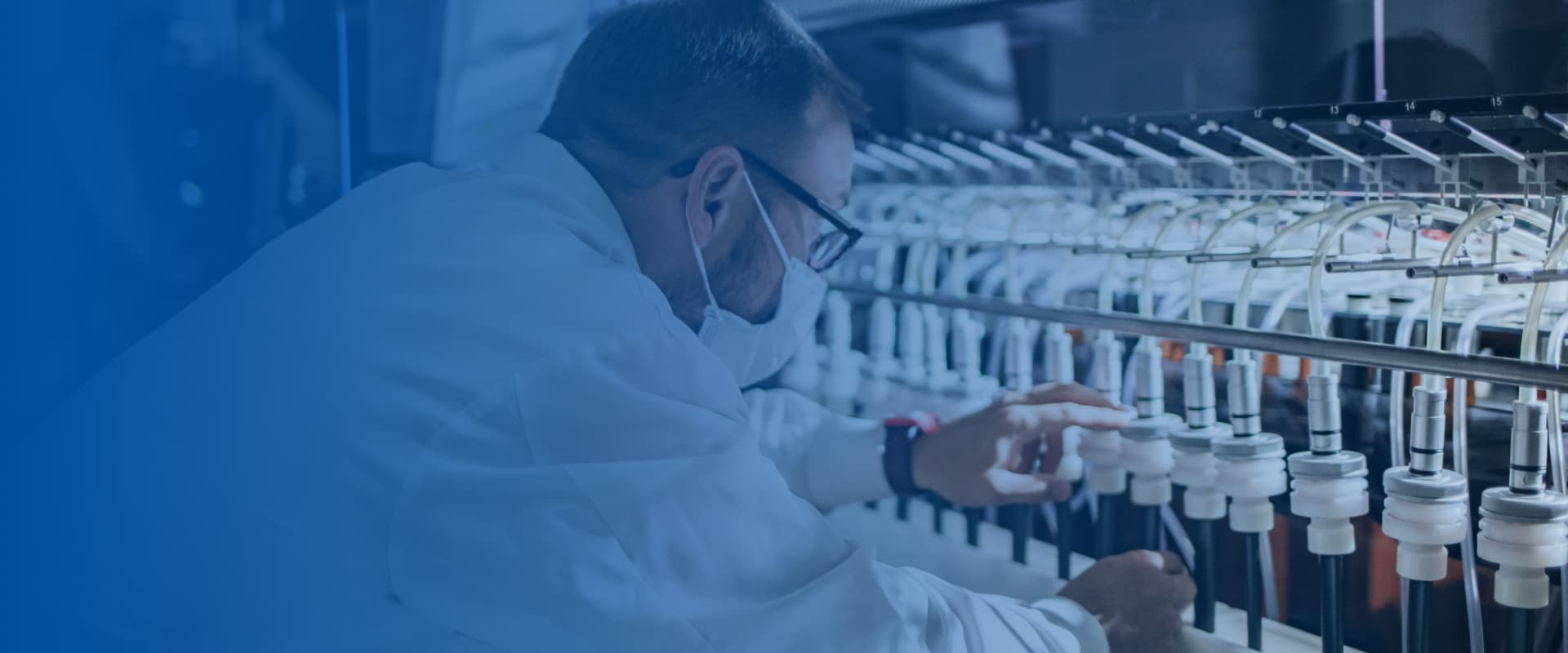
Science Innovation
We operate within a broad spectrum of scientific fields including molecular biology, toxicology, and chemistry. This breadth of expertise fuels our relentless innovation and the development of potentially reduced risk product categories.
Discover Our Science
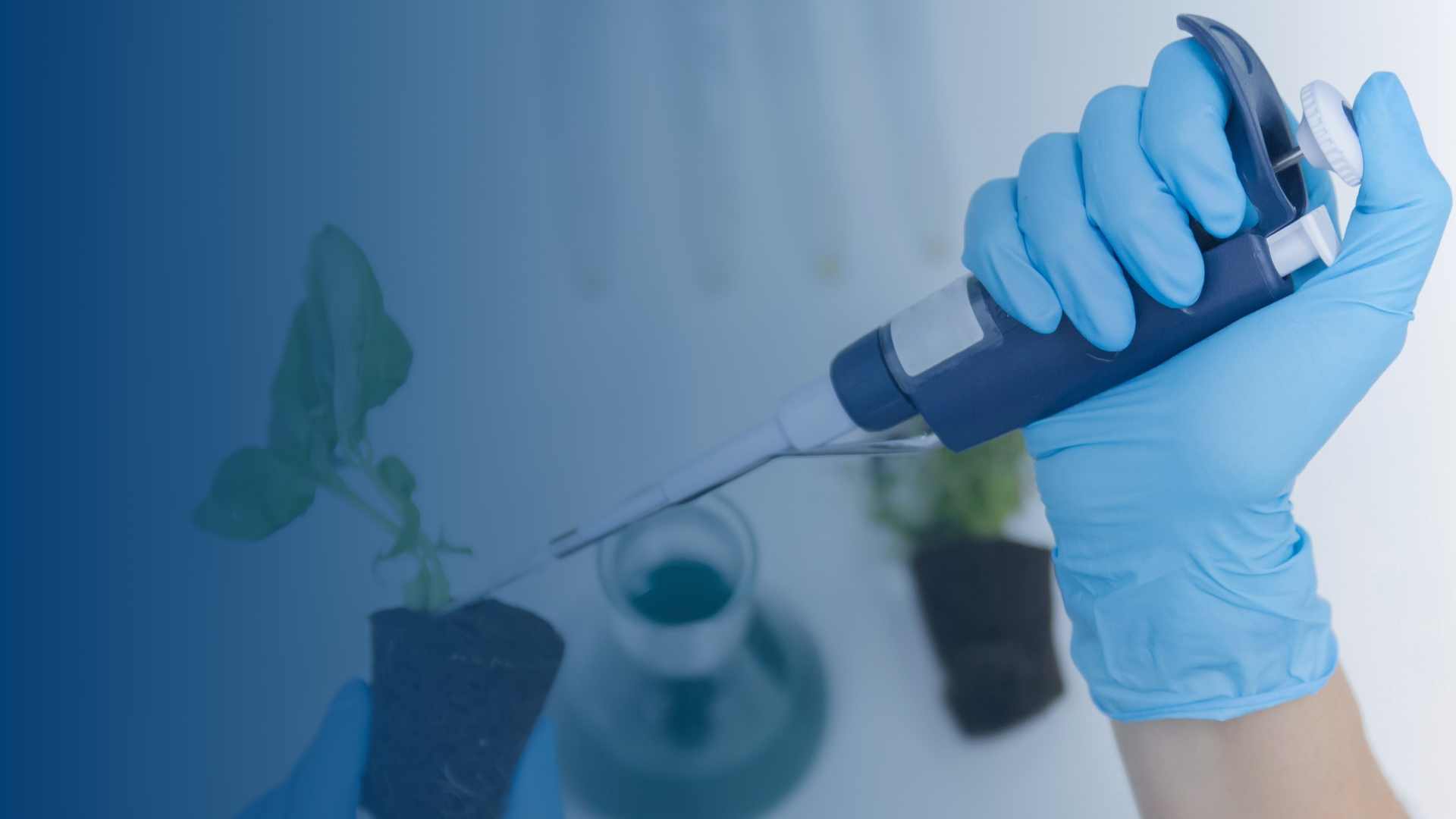
Scientific Assessment
Our scientific studies are designed to support the development of new product categories that may reduce the exposure to toxic compounds compared to combustible cigarettes and support our Tobacco Harm Reduction efforts. Our analytical laboratories are ISO/IEC 17025 accredited.1 Our nonclinical studies (in vitro and in vivo) are performed are performed according to FDA’s Good Laboratory Practice (GLP) regulations (21 CFR Part 58) and our in vivo studies are also conducted in accordance with ICH Guidance M3(R2)2 and OECD Guidelines 4123 and 413.4 All clinical studies are reviewed and approved by an independent Institutional Review Board (IRB) and performed in compliance with Good Clinical Practices (GCP).
See the Science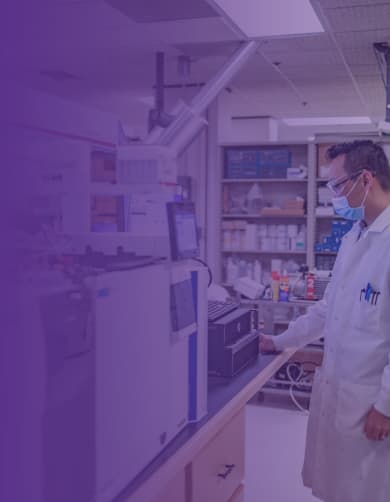
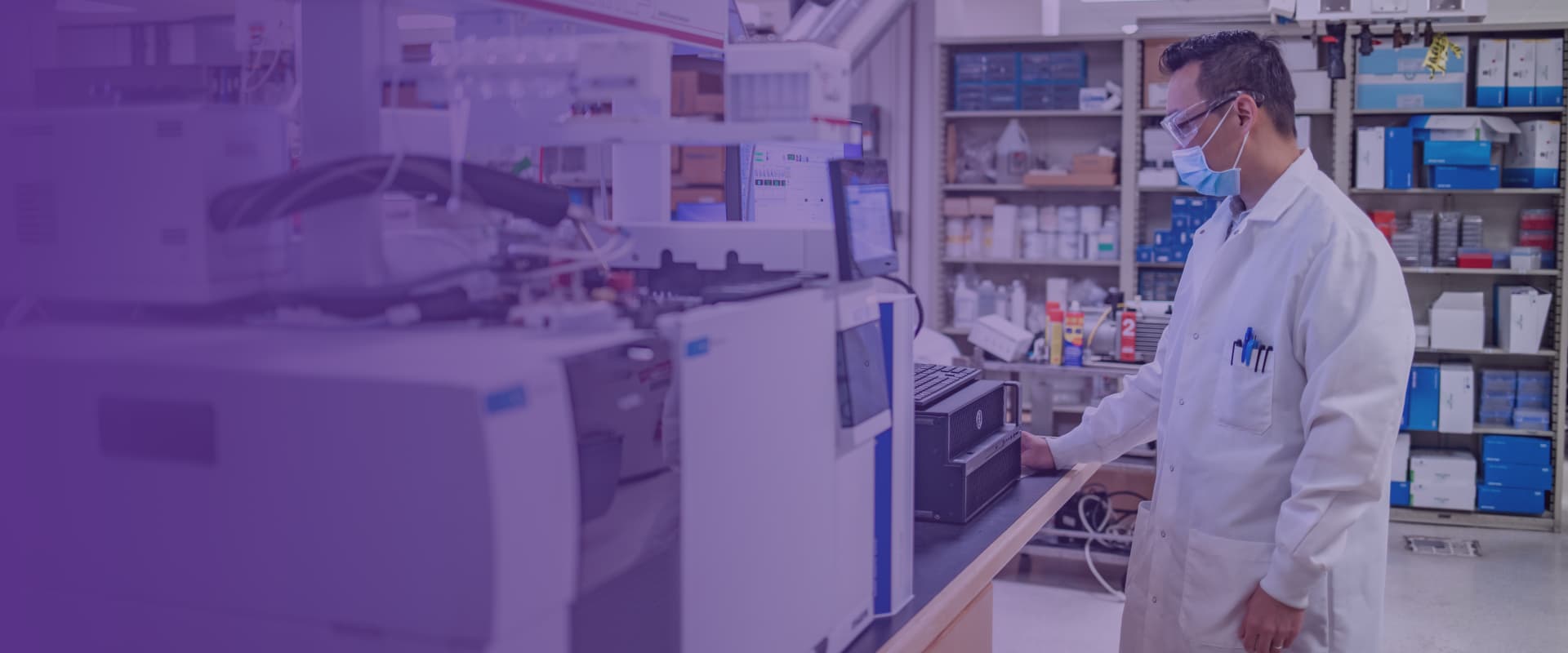
Science Engagement and Communication
Our Science Engagement and Communications team drives awareness of our scientific processes and engages regulators, policymakers and scientists.
Our Commitment to TransparencyThe best course of action for tobacco consumers concerned about their health is to quit. Youth should never use tobacco products, and adults who don’t use tobacco or have quit tobacco should not start.
1 ISO/IEC 17025 is an accreditation based on a standard published by the International Organization for Standardization (ISO) titled "General requirements for the competence of testing and calibration laboratories"
2 ICH. (2009). Guidance on nonclinical safety studies for the conduct of human clinical trials and marketing authorization for pharmaceuticals M3 (R2).
3 OECD. (2018a). Test No. 412: Subacute Inhalation Toxicity: 28-Day Study.
4 OECD. (2018b). Test No. 413: Subchronic Inhalation Toxicity: 90-day Study.
* Nicotine in tobacco products is addictive. No tobacco product has been shown to be safe or risk free.


